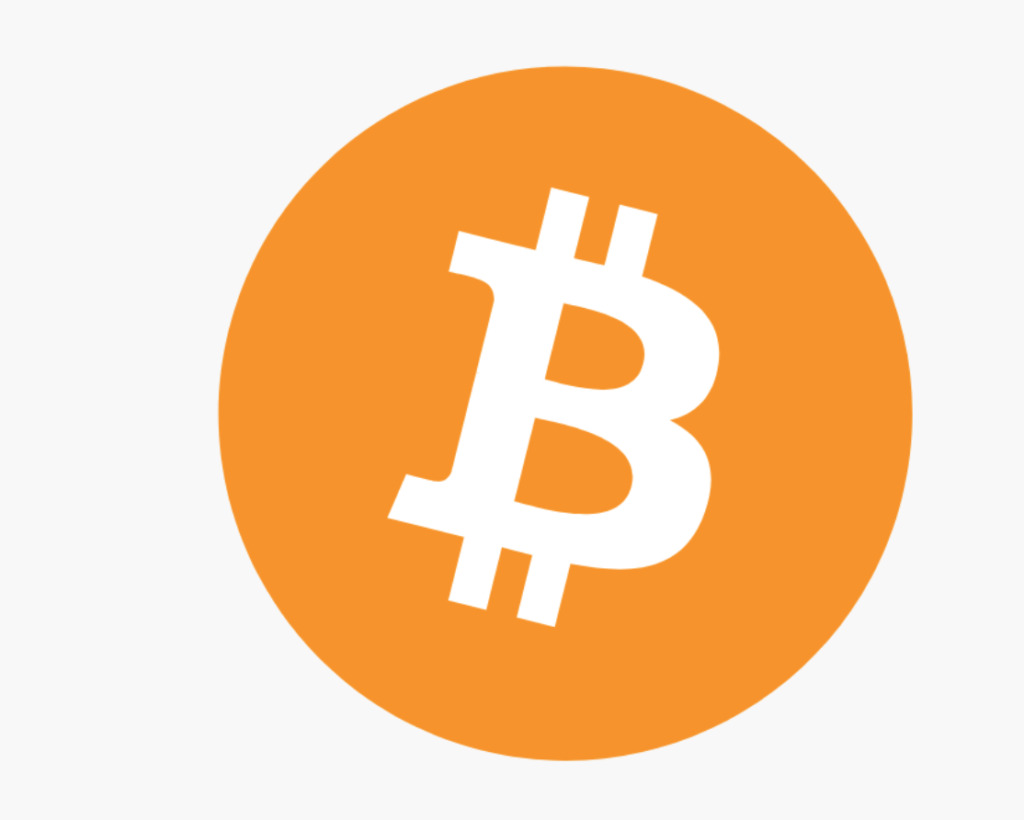LOS ANGELES — In the current global economic system, the US dollar remains the premiere reserve currency. This economic privilege gives the United States the ability to assert its presence in foreign issues through neoliberal systems such as the International Monetary Fund and the World Bank.
In response to the Latin American Debt Crisis of the 1980s, the United States stepped in with bailout funds in exchange for the power to make structural economic reforms in Latin America which reflected US ideologies. With this intervention, the crisis only worsened as spending was reduced in the infrastructure, health and education sectors. This resulted in stagnant growth, lower rates of employment, and reductions in per capita income levels. While this decade of devastation was not necessarily completely the fault of the lender of last resort, it created an atmosphere of resentment for Latin American countries to place blame for their struggles.
El Salvador committed to dollarization in 2001 with the primary economic aspiration of decreasing currency risk. Another goal of this endeavor was to improve relations with the United States by integrating the two countries’ economies. Since then, however, El Salvador has remained the lowest recipient of foreign direct investment in the region and has experienced poor economic performance as average growth is just 2% of GDP a year. The country is not able to create its own monetary policies as they are connected to decisions made by the United States Federal Reserve.
Perhaps dollarization was not the best option, but worthy alternatives were unlikely. Yet it appears that this motion has had a largely detrimental effect on the El Salvadoran economy, as dollarization has trapped El Salvador to maintain the US dollar as its national currency.
Cryptocurrency has been on the rise over the past decade, originally created as a way for people to send money over the internet. Today, it is proposed as an alternative to central banks, unlike other digital currencies such as China’s e-CNY. Being on the frontier of these technologies is attractive to government officials seeking to be more innovative.
President Bukele announced that Bitcoin would be implemented in El Salvador as a form of legal tender on June 5, 2021. This policy quickly gained traction as it took effect on September 7 the same year.
Within the first few days of the policy taking effect, citizens were sharing evidence of companies such as Starbucks and McDonald’s accepting bitcoin as a form of payment with El Salvador’s Chivo wallet app. Bitcoin’s introduction to the El Salvadoran economy comes with criticisms. Veterans are mostly against the adoption of bitcoin, worried that their pensions will be given in bitcoin, stating that it is more appropriate for economically advanced countries. The transition from a cash-based economy to a technologically traceable one makes security and anonymity from the government impossible.
However, one of the most significant intentions of this adoption is the national increase in access to financial services. This is a symbolic turn towards a digital economy for a country that has thus far mostly relied on cash transactions.
Bukele believes that bitcoin will stimulate an environment of investing. This would ideally assist the approximate 70% of Salvadorans without access to traditional financial services, but ignores the issue of a lack of crypto knowledge and would leave out those without access to technology.
Bitcoin’s presence in the El Salvadoran economy originally had documented success, but recent drops in the coin’s value lost the country $12 million. Bukele’s claims of citizens embracing the coin appear to be widely stretched as a survey conducted in the country states that 91% of Salvadorans prefer the US dollar as compared to bitcoin.
Whether or not bitcoin has the ability to undo dollarization in the country is debated by professionals in the field. John Tamny, a professional at Forbes, believes that issues with the dollar are still present in bitcoin. Extreme volatility and doubt for the future could be detrimental to economies dependent on bitcoin as a form of currency. He believes that any change to the global market is decades away and that El Salvador was too early to the crypto game.
Regardless of opposing opinions of bitcoin’s ability to replace the national currency, cryptocurrency has promoted more infrastructure investments within the country. President Bukele announced that El Salvador will be building 20 cryptocurrency schools funded by a surplus from the bitcoin trust. This will result in an advancement of cryptocurrency education and overall awareness which the country currently lacks.
One major criticism of cryptocurrencies is their negative environmental impacts produced by the mass amounts of energy required to mine coins. However, El Salvador has looked to harvest energy from clean alternatives in the form of volcanoes. Excess energy not utilized for crypto mining has helped to power local homes. With a reliance on natural energy, El Salvador’s carbon footprint will decrease in future years and will hopefully encourage other countries to follow suit. This model could pave the way for crypto to become cleaner globally and simultaneously further stimulate the economy as other nations seek to invest in its geopolitical advantages.
Bitcoin does not currently have the stability or traction to become El Salvador’s primary form of currency. Bukele’s crypto schools and natural energy harvesting may lead to more success in the future, but his goal of bitcoin replacing the dollar is unrealistic. He should focus on listening to the public which he claims to be aiding. Improving the economy and paying off debts should take priority over being perceived as innovative.
While dollarization was not as helpful for investments and the economy as the government had hoped, undoing it today would lead to instability. The complete replacement of the US dollar with a currency as volatile as bitcoin is not a favorable choice. It is too high of a risk for too weak of an economy.







